MY grandfather started our mail-order company 100 years ago. In the early 1950s, customers were driving to Randolph, northeast of Madison, to see what they were purchasing by mail from us, and my dad saw an opportunity to start a local garden center.
One of my first jobs was to take the orders for shrubs from the garden center to a storage area and to take the shrubs to the customer. I was 11. I also hoed the weeds and detassled corn.
In the 1990s, the two branches of our family split the business. The Jungs received Jung Seed Genetics, which sells agronomic seeds to farmers, and the Zondags got the catalog division and the garden centers.
Tai Chi New York
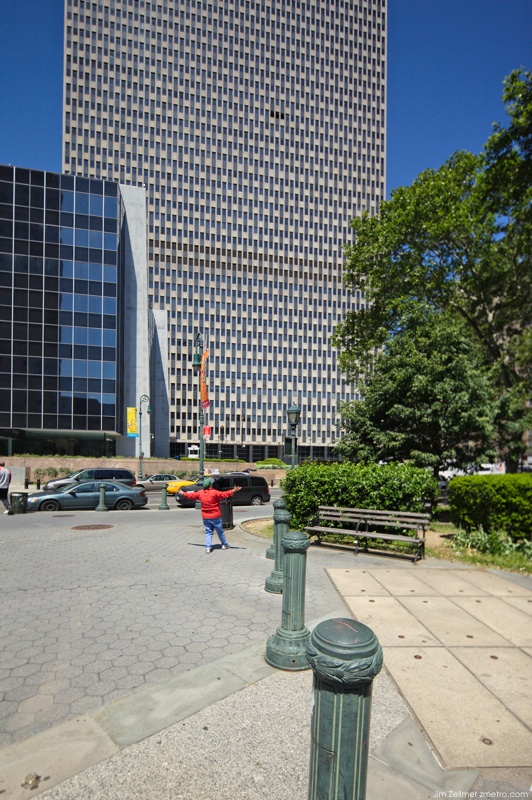
Brooklyn Bridge – Cold Evening
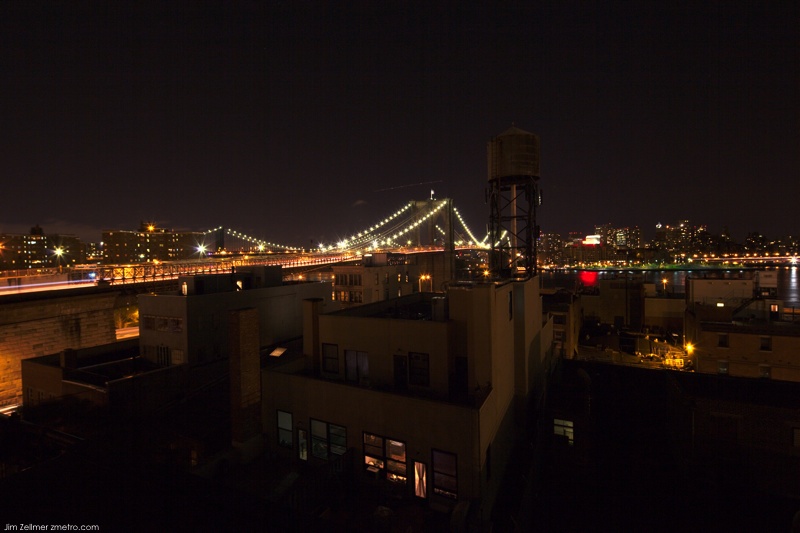
Clusty Search: Brooklyn Bridge.
This Time Its Different
800 years of financial crises – Carmen Reinhart, co-author of This Time is Different, talks about the history of financial crises and their patterns
Video.
A Beautiful Spring Morning

God’s Glory: Spring Tulips

Ullrich Hall: University of Wisconsin-Platteville
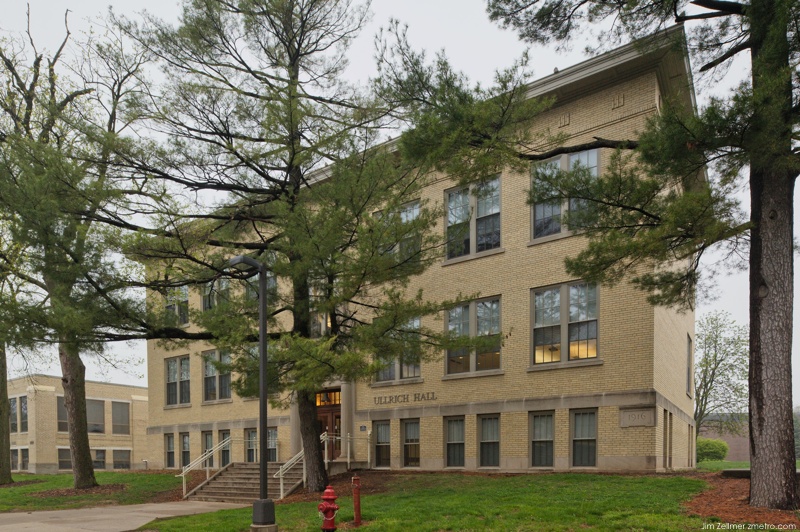
Clusty Search: Ullrich Hall. National Register of Historic Places.
A worm farm rewrites the start-up rules
The drive up to Coalmont, Grundy County, Tennessee, winds through beautiful countryside – hardwood forests, open meadows, meandering creeks. The land also bears the scars of decades of poverty – collapsed chicken houses, signs advertising “wood for sale”, a faded placard taped to a mailbox printed with the words “Indoor yard sale”. The roadsides are littered with posters for forthcoming local elections; around here, a $50,000 salary as county clerk makes a person part of the economic elite.
This is hardly Silicon Valley or Wall Street, but I am in Coalmont to interview a captain of industry, one of the county’s biggest employers, someone you might even call a visionary – the owner of what must be the world’s only vertically integrated worm factory. Silver Bait LLC produces fishing worms by the millions. But that’s only the beginning of what it produces. The walls of the 170,000sq ft worm factory are made of giant concrete blocks that the company produces onsite. Likewise, the pre-stressed concrete columns and beams in the building. Silver Bait also produces its own corrugated metal roofing on a machine the company’s founder, Bruno Durant, designed and built.
French-born, 50-year-old Durant grows 300 acres of corn here, to feed his worms, and he harvests it with second-hand machinery he renovated in his onsite equipment- maintenance building. He invented his own machinery to harvest the worms and he is about to complete work on a device that will mechanise most of the rest of the worm-culture process.
He’s also about to put in place a full-scale packing line (designed by himself and built in his onsite machine shop). The worms are dispatched for sale in small plastic containers made in his onsite injection-moulding machine and are delivered to his customers – bait wholesalers across the eastern US – in his company’s refrigerated trucks. He does purchase peat from Canada as the growing medium for his worms. But that’s about all he buys in.
A Manhattan Evening Walk

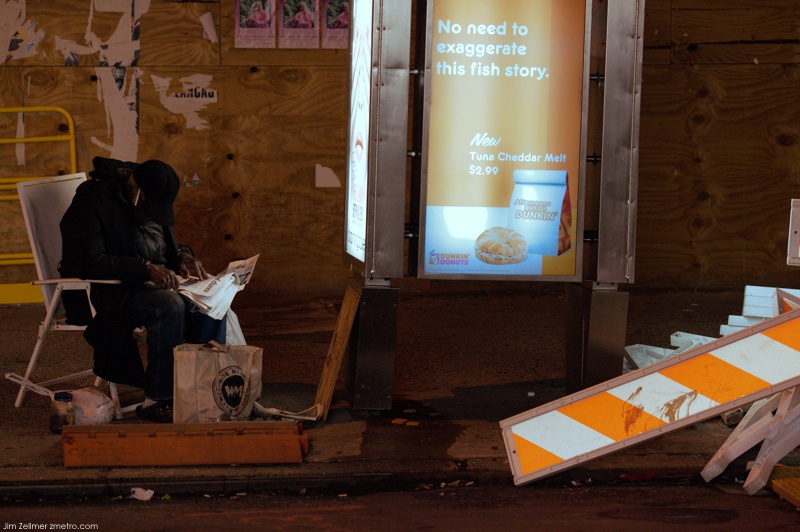
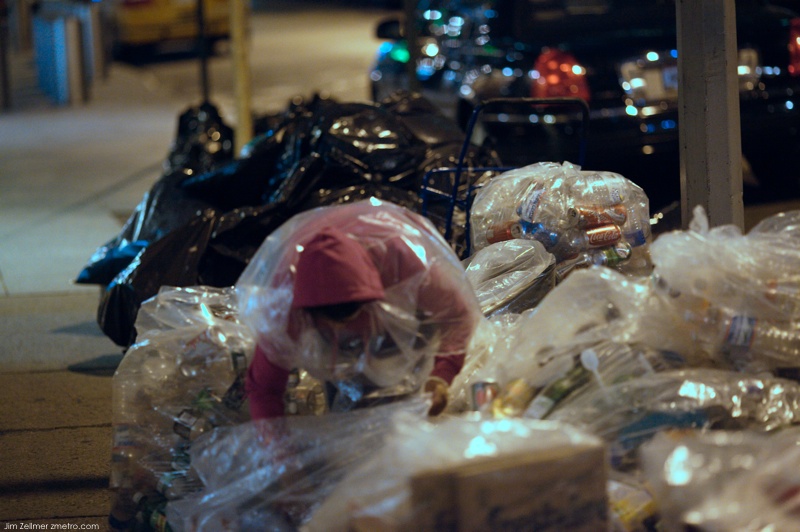
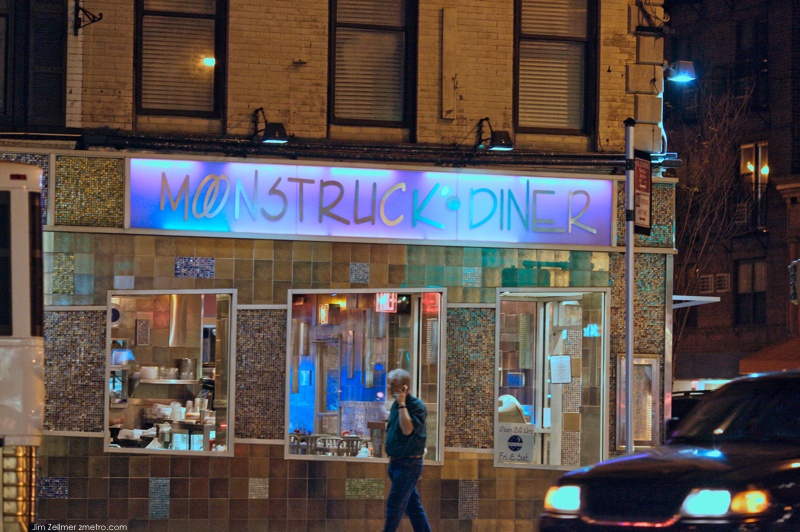
The decline of the Great Writ: The sad history of habeas corpus
Habeas Corpus: From England to Empire. By Paul Halliday. Harvard University Press; 502 pages; $39.95 and £29.95. Buy from Amazon.com, Amazon.co.uk
WHEN discussing habeas corpus or the “Great Writ of Liberty”, as the most revered legal device of the Anglophone world is often known, jurists and civil libertarians tend to become misty-eyed. In 1777 Charles James Fox, a radical British politician, described habeas corpus during a parliamentary debate on its suspension as “the great palladium of the liberties of the subject” and deplored the “insolence and temerity” of those “who could thus dare to snatch it from the people”.
Nearly 230 years later, in an impassioned attack from the Senate floor on the Bush administration’s bill to suspend habeas corpus for anyone determined to be an “unlawful enemy combatant”, Barack Obama declared: “I do not want to hear that this is a new kind of world in which we face a new kind of enemy.” Another senator, Arlen Specter, roared: “The right of habeas corpus was established in the Magna Carta in 1215…what the bill seeks to do is set back basic rights by some 900 years.” In Britain, Lord Hoffmann, a law lord reviewing government “control orders” to detain terrorist suspects in 2007, thundered: “Such is the revulsion against detention without charge or trial, such is this country’s attachment to habeas corpus, that the right to liberty ordinarily trumps even the interests of national security.”